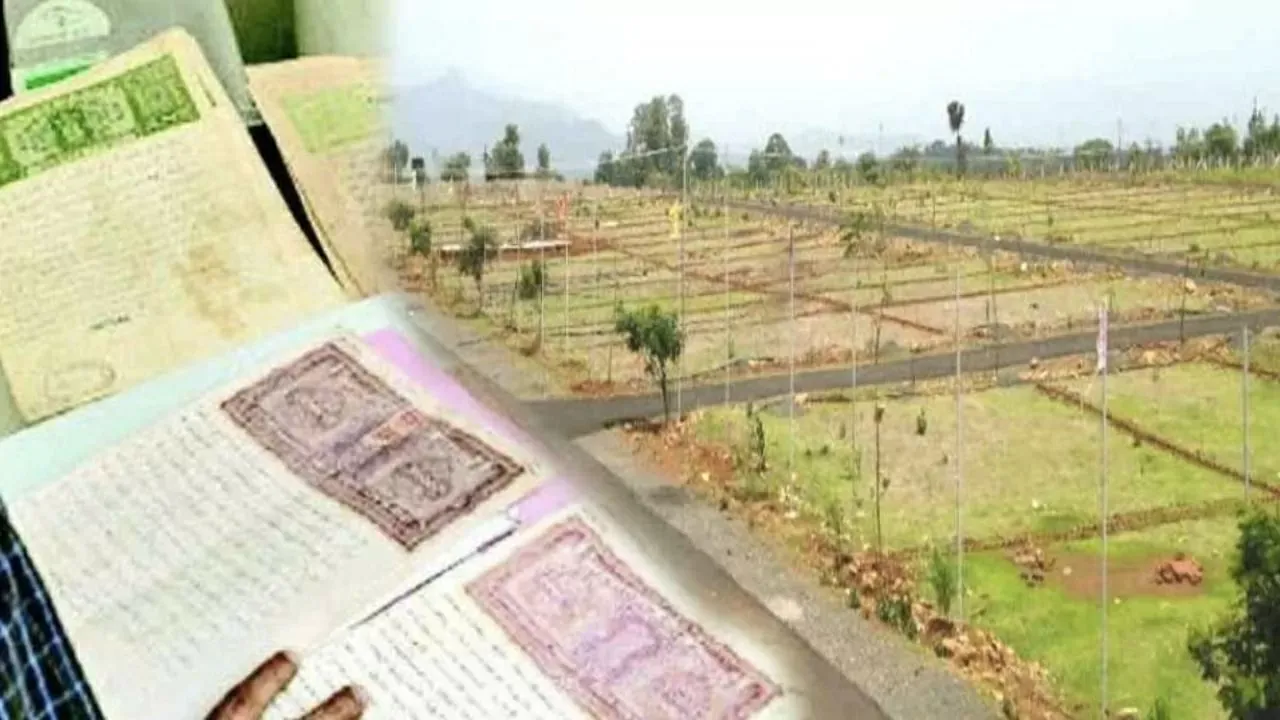The central government has prepared a new bill for online registration of land documents and other transactions. It also has provision for Aadhaar-based verification for document registration, but it will be optional. The government will also make arrangements for alternative verification for those who do not use Aadhaar. The new bill will replace the 117-year-old Registration Act, 1908.
The draft bill prepared by the Department of Land Resources of the Rural Development Ministry has been put out for public comments. It introduces provisions to support online registration, electronic submission and filing of documents, issuance of electronic registration certificates and digital maintenance of records. Aadhaar-based verification is also being arranged to prevent incidents of fraud in online document submission and registration.
The consent of individuals will be given priority in this process. Aadhaar will be used only with their permission. An alternative verification mechanism will also be provided for those who do not want to use it or do not have an Aadhaar card. The bill also enables electronic integration with other record-keeping systems.
Under the Registration Act, documents relating to immovable property such as sale deeds, gift deeds, mortgage deeds and leases are required to be registered. Wills, powers of attorney and other court orders and decrees relating to property rights are also subject to registration. According to officials, the draft bill expands the scope of mandatory registration to reflect contemporary property and transaction practices and also expands the list of required documents.
It modernises the organisational structure of the registration system with a more responsive hierarchy. This includes the appointment of Additional and Assistant Inspectors General of Registration. The Bill lays down the procedure for appointment of Inspectors General of Registration, Registrars and Sub-Registrars. The procedure for appointment of Registrars in case of vacancies has been streamlined and the appropriate government has been empowered to make rules to ensure coordination with local governance.
